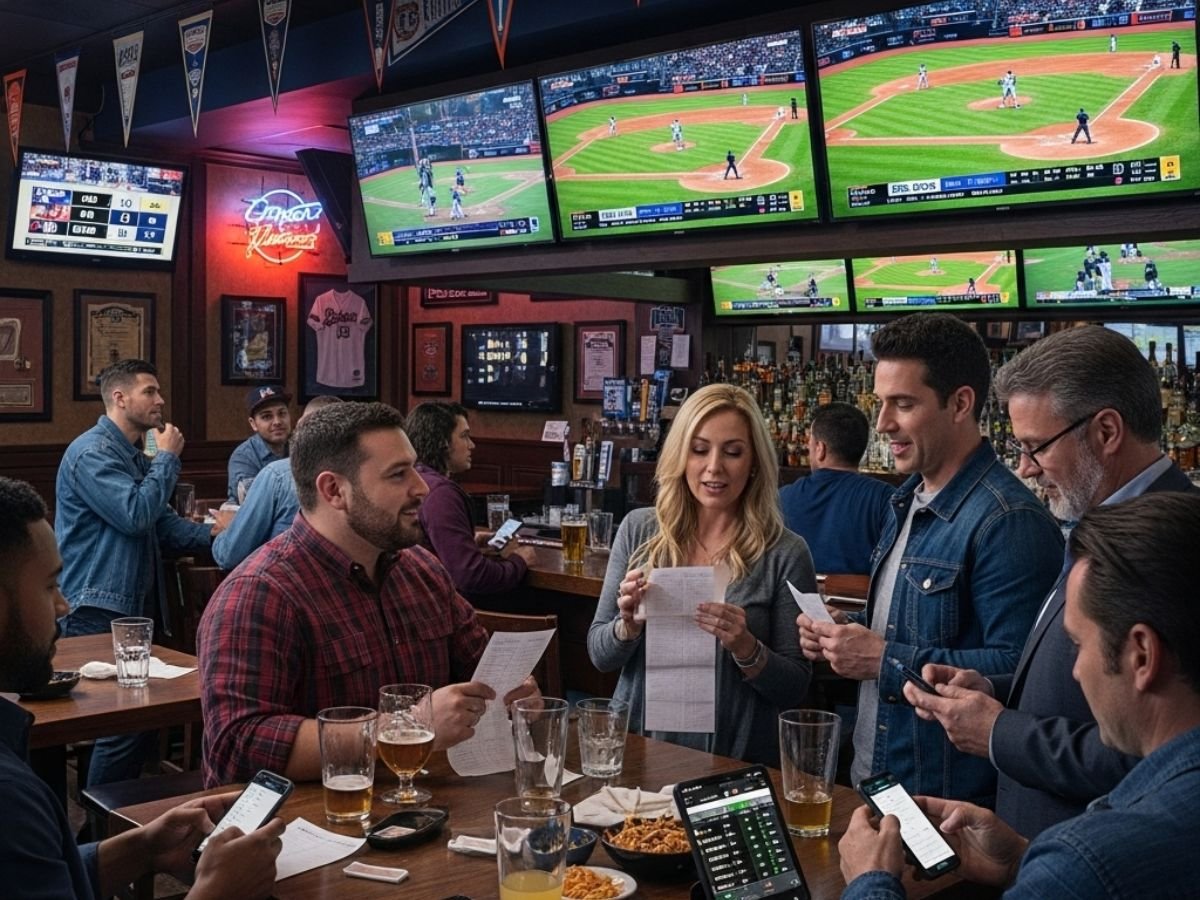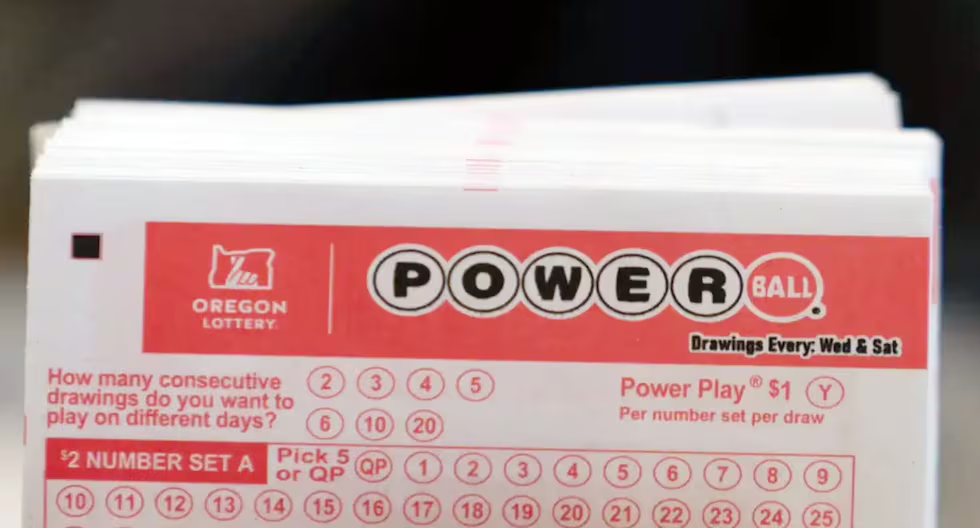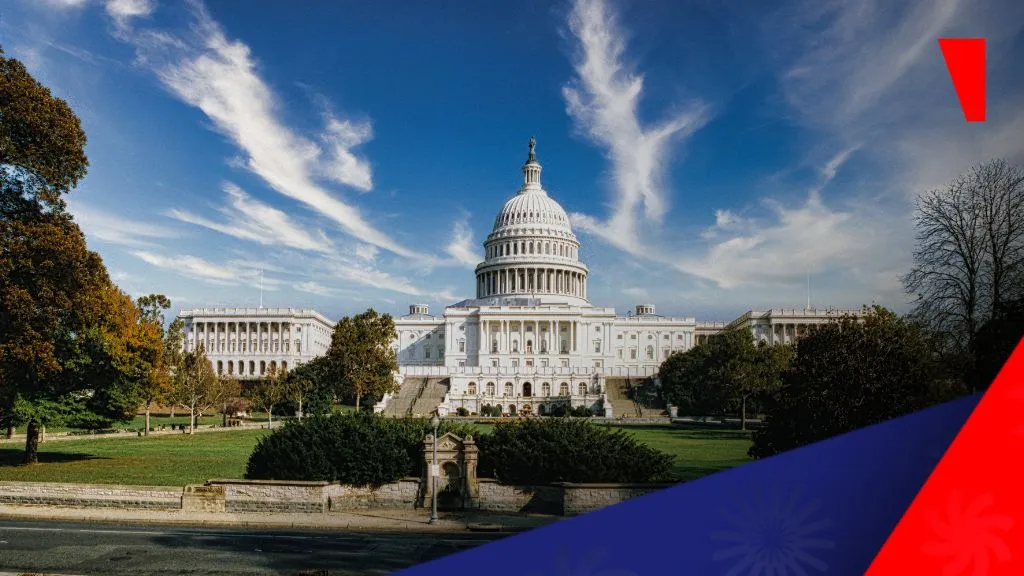When betting on MLB totals, also known as the over/under, you’re predicting how many runs will be scored in a game. While pitchers and hitters often grab the headlines, the ballpark itself plays a huge role in how many runs are scored.
Some stadiums are “hitter-friendly” with short fences, while others favor pitchers with deep outfields and heavy air. This article explains how ballpark factors affect totals betting and how bettors can use this knowledge to make smarter wagers.
What are MLB totals?
In baseball betting, the total is the combined number of runs scored by both teams. Sportsbooks set a line — for example:
- Over 8.5 runs (-110)
- Under 8.5 runs (-110)
If you bet the over, the teams must combine for 9 or more runs. If you bet the under, they must score 8 or fewer.
Understanding ballpark conditions can help you predict whether games are more likely to go over or under.
Ballpark size and design
- Short fences and smaller dimensions (e.g., Yankee Stadium, Citizens Bank Park) mean more home runs, which push games toward the over.
- Larger outfields (e.g., Oakland Coliseum) reduce home runs but increase doubles and triples. These stadiums often favor the under if strong pitchers are on the mound.
- Foul territory size matters — bigger foul grounds lead to more outs, fewer extended at-bats, and lower scoring.
Altitude and air density
- Coors Field in Denver is the most famous example. At high altitude, the air is thinner, the ball travels farther, and games routinely go over the total.
- Sea-level stadiums (e.g., San Francisco’s Oracle Park) tend to suppress offense due to heavy air and wind off the water.
Weather conditions
Weather can change the scoring environment even in the same park:
- Wind blowing out increases home run chances (e.g., Wrigley Field effect).
- Wind blowing in makes fly balls die before reaching the fence.
- Temperature also matters — hot, humid air carries the ball farther, while cold air keeps it in play.
Surface and field conditions
- Natural grass vs. artificial turf affects ball speed. Turf can lead to more ground-ball hits and higher scoring.
- Infields with faster grass or dirt can increase base hits by cutting down defender reaction time.
How to use ballpark factors in totals betting
- Check the park’s run factor stats: Websites publish how each MLB stadium compares to league averages in runs, home runs, and extra-base hits.
- Look at pitching matchups together with the park: A strong pitcher in a hitter-friendly park may balance out the total.
- Monitor weather reports: Wind and temperature can move totals by a full run or more.
- Line shopping: Sportsbooks may adjust totals differently based on how much they weigh the ballpark impact.
Examples of ballpark trends
- Coors Field (Colorado Rockies): High altitude = frequent overs.
- Oracle Park (San Francisco Giants): Cold, damp air suppresses home runs = frequent unders.
- Yankee Stadium (New York Yankees): Short right field makes it favorable for left-handed power hitters.
- Wrigley Field (Chicago Cubs): Wind direction can swing the total dramatically.
Also read: How to calculate odds for US sports betting
FAQs
Q1. What is MLB totals betting?
It’s betting on the combined number of runs scored in a game, either over or under the line set by the sportsbook.
Q2. Why do some stadiums produce more runs?
Ballpark dimensions, altitude, and weather conditions influence how far balls travel and how often hitters get on base.
Q3. Are totals the same across all ballparks?
No. Sportsbooks adjust totals based on where the game is played. A game at Coors Field may open with a line of 10.5, while a game at Oracle Park might start at 7.5.
Q4. Do pitchers still matter in totals betting?
Yes. Even in hitter-friendly parks, elite pitchers can keep scoring low. Always weigh both pitching matchups and ballpark factors together.
Q5. How can I track ballpark factors?
Many sports sites publish park factor stats, which compare how often runs are scored in each stadium against league averages.








